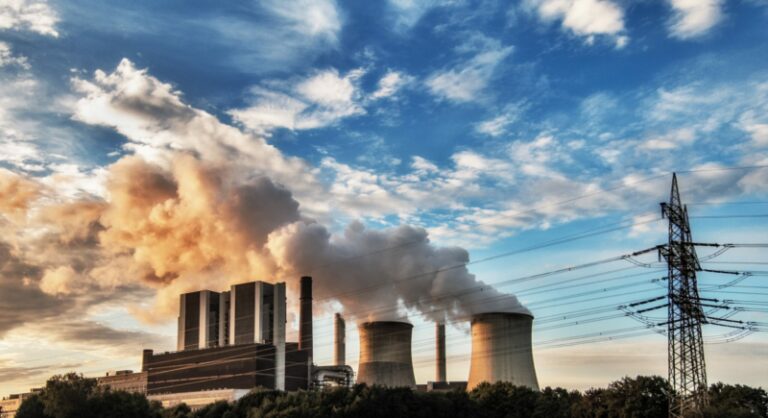Response to the IOSCO consultation on voluntary carbon markets

Photo: Rawpixel (CC0 1.0)
Download
In November 2022, the Board of the International Organization of Securities Commissions (IOSCO) published a discussion paper on voluntary carbon markets (VCMs), inviting feedback on the approach that regulatory authorities and market participants could take to foster sound and well-functioning voluntary carbon markets. This report consists of a submission by the Grantham Research Institute on Climate Change and the Environment to this consultation.
Summary points
- Voluntary carbon markets (VCMs) have the potential to provide important financial flows to mitigation activities that can also help to drive sustainable development. But rules, regulation and infrastructure to enable this are still emerging. The International Organization of Securities Commissions (IOSCO) has a key role to play in facilitating the development of an environment in which VCMs function well and deliver positive impacts.
- IOSCO can facilitate a ‘road to regulation’ to consolidate best practice in VCMs into general norms. Guidance and principles are expected to be released in 2023 by private initiatives (chiefly the Integrity Council for the Voluntary Carbon Market, the Voluntary Carbon Markets Integrity Initiative and the Science Based Targets Initiative), which are likely to increase transparency, harmonise data templates and ensure safeguards are in place. This will in turn lead to greater integrity in the issuance of carbon credits and the claims that buyers make about their climate impact. IOSCO should collaborate with these bodies to support the broad adoption of their guidance by stakeholders and to align with any early rules from public regulators.
- New information services will also help to transform VCMs. These include ratings agencies, meta-registries and data providers tracking carbon credit transactions and retirements. Market regulators must pay attention to how these services are developed and integrated, including conditions for open and fair access, to ensure accountability and to prevent malpractice.
- Communities affected by activities in VCMs should have a seat at the table in any bodies established by IOSCO for monitoring and surveillance. Human rights abuses threaten market stability via legal and reputational risk. For example, Indigenous communities have had their rights infringed by some projects selling carbon credits. Rules for trading platforms should also include requirements to set and evaluate social and environmental safeguards for credit issuance.
- Market participants need to adopt strong practices to guard against corruption risks and market manipulation, and IOSCO members should consider how to enforce these. Corruption and fraud could undermine carbon markets via malpractice in monitoring, reporting and verification, extractive government approval processes for projects, and opaque transactions.
- Companies should disclose their use of carbon credits, including key attributes like the volume of credits used, their year of issuance (vintage), type, provenance and serial numbers for identification in registries. IOSCO members should set rules supporting sufficient and transparent disclosures, and could seek to integrate such rules into any emergent regulations on net zero transition plans.

